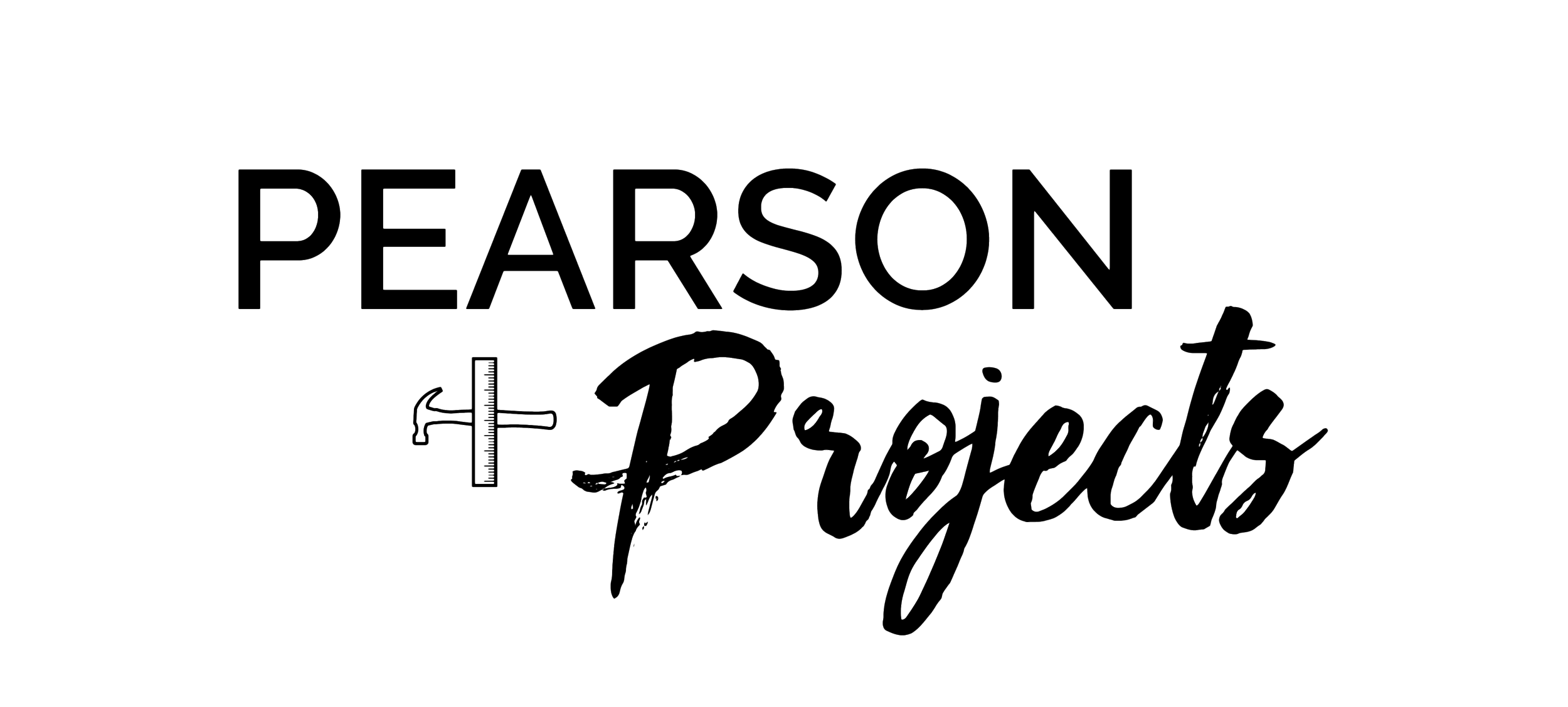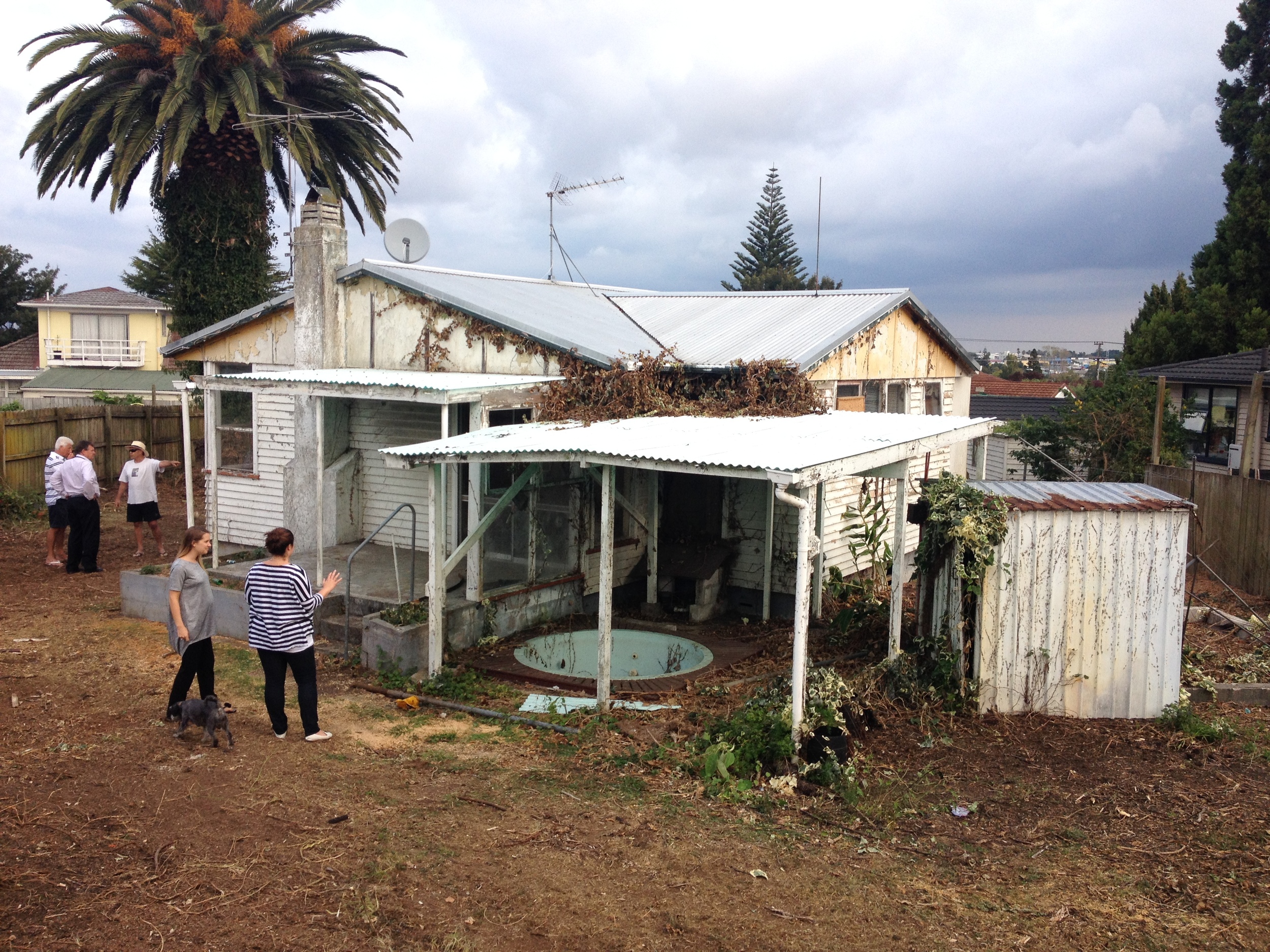Plan the Work, Work the Plan
To be honest, the only plan we were intending on making during Alice’s pregnancy was a birth plan, and 2 months out we had the sudden addition of a renovation and a subdivision. We needed a plan, a good one, because this renovation was going to become a balancing act and our spare time was about to disappear.
We could have rushed straight in swinging a sledge hammer to knock down that chimney and wall (always one of my favourite parts) to feel like we were making progress. But sitting down and making a detailed plan was our priority, because we have learnt (at times the hard way) if there isn’t a plan in place at the start of the renovation, the renovation’s budget and timeline will suffer through the project. And we couldn’t afford everything to stand still while we were learning to be parents.
So with this in mind, here are our key thoughts on planning we use and you can apply to your current or upcoming projects.
1. Begin with the end in mind. Visualise the finished project, what do you want to end up with. We wanted to turn our run down house into something modern, attractive, livable and lovable so someone would fall in love with it.
2. Set your goals and milestones along the way. What determines success for you and your project? We know what we want it to end up with, but what is it going to make it a success for us. Our key goals we set to determine the success of the project were to finish within our budget, meeting the timeframes we set out and achieving the desired end result.
Set targets to achieve throughout your project. A project can take a long time and if you are only motivated with the final project, it can get hard to be motivated. Smaller goals allow you to celebrate milestones, see the progress your achieving, stay motivated and also provide you a check to see if you’re on track.
3. Be Realistic. What you see on The Block is not what you normally achieve in 10 weeks (especially with a baby). It’s easy to underestimate the time involved in renovating, the spare time we actually have, the fatigue of renovation and allowing for rest, and how slow you can be when you are doing something for the first time. There are also a lot of hidden costs which can surprise – don’t be naïve.
4. Establish your priorities. There will come times in any renovation where you have to make some tough decisions – do I upgrade that kitchen benchtop, are designer lights worth the extra cost, should I get a tradesman in or do it myself.. and if your renovating as a couple its likely these decisions may cause a few animated discussions. By prioritising what’s important for you in your planning, you can make your decisions based on your priorities you have already set. It can help to write a prioritised wish list, so if it comes to it you know what’s going to get cut out when you have to make the call.
5. Know your limits. You don’t know what you don’t know. While trial and error will get you there in the end (and yes DIY does stand for do-it-yourself), getting advice will get you there quicker and cheaper. I’m not talking about paying someone to do everything, but simple ways like talking to someone who has just gone through a renovation, looking online, asking around. Everything from running your cost estimates past someone to see if moving the cost you have to swap the bathroom and laundry would actually cost that much, or knowing you need to get your electrician and plumber in before you gib that wall. If you aren’t confident, ask around and get input to check your costs and know the process.
6. Identify and manage risk areas. Take some time to identify the risky areas which will affect your end goals. Think thorough how you can minimise the impact of these or better yet get rid of altogether. For example, I had an estimate down to replace 200m2 of driveway. If I have the wrong allowance, this could really deplete my contingency. So I called around contractors to get a realistic price for my budget and then got quotes to know for certain what it would cost.
You may think that setting goals is not relevant as your project is not on a scale of this or you have plenty of time available. Large or small planning is a great habit to get in to. When we applied this to our renovation, it forced us to think through in detail the steps and process to get to our goal. It challenged our thinking about relocating a house, detailing every step in the subdivision process, booking in all our tradies in advance so they would start when we needed them and ultimately lead to a more efficient and improved outcome. That’s not to say we didn’t encounter any issues..

